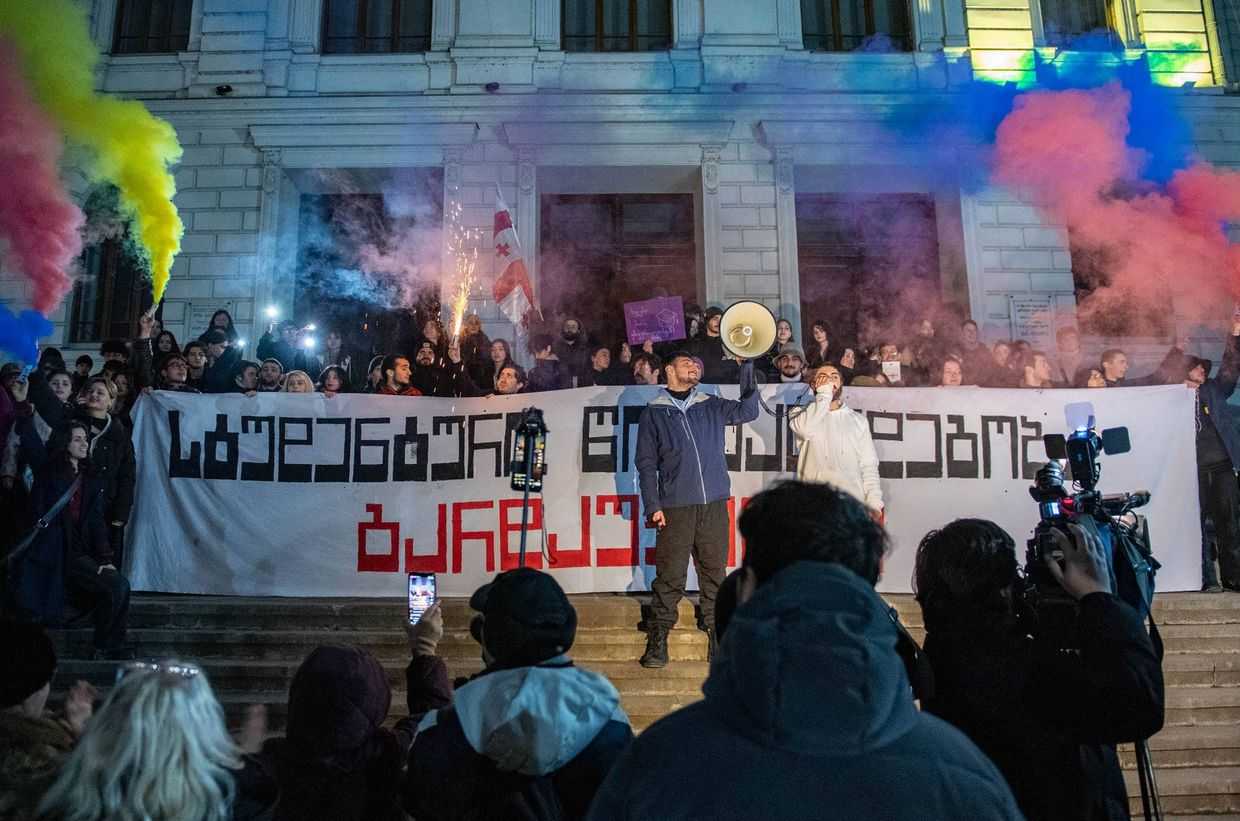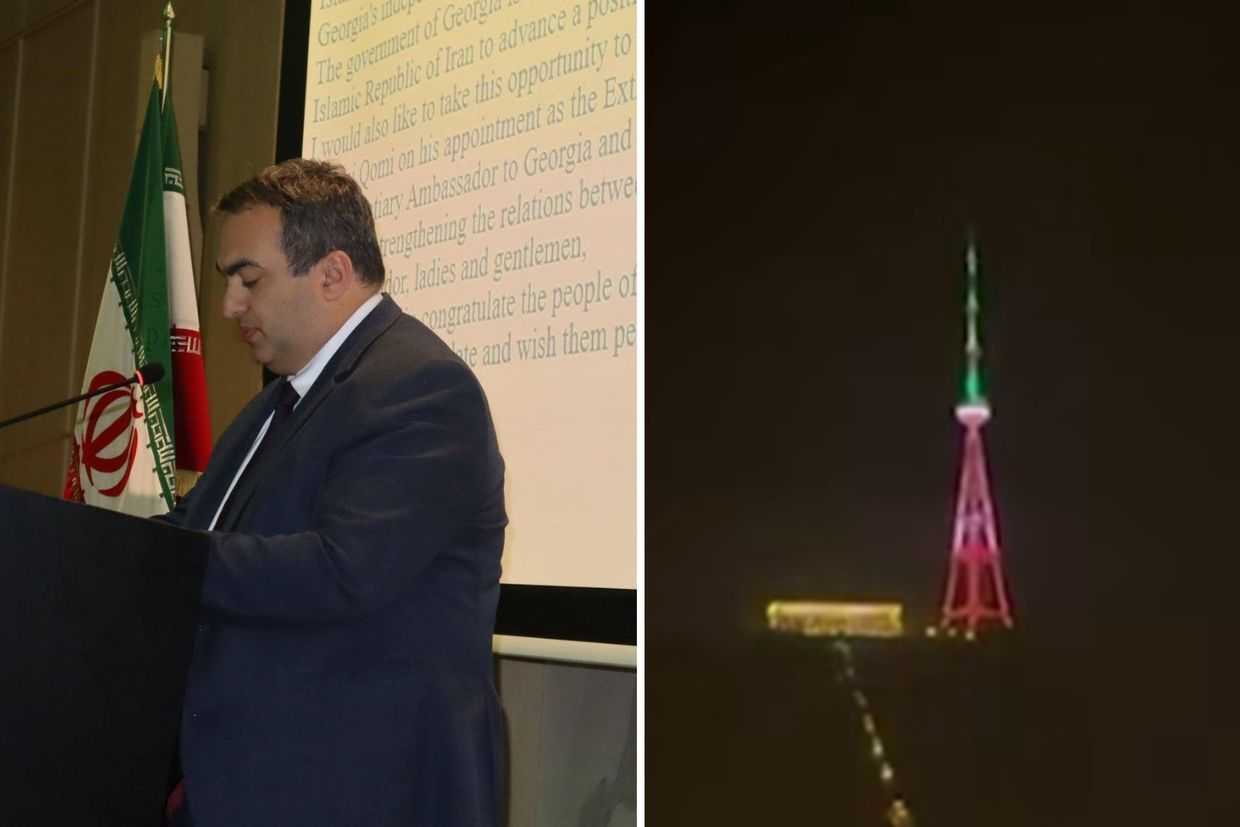
Georgia’s National Statistics Office has released another update on its 2024 census data, reporting that the population of foreigners ‘permanently residing in the country’ is no more than 6.6%, while the corresponding figure of Georgian citizens is 93.4% of the total population.
The figures marked a significant increase in the total number of foreigners living in Georgia compared to the 2014 census, both as a percentage and as an absolute number.
Ten years ago, there were some 22,000 foreigners living in Georgia as permanent residents, representing just 0.6% of the total population. According to the current data, the 6.6% percentage figure equals around 250,000 people.
In June, the statistics office published its preliminary results of the 2024 census, which found that the population had reached an estimated 3.9 million, representing an increase of 200,000 people from the previous survey conducted in 2014.
As with the previous census, the data does not include demographic data from Abkhazia and South Ossetia.
At the time of Georgia’s independence from the Soviet Union, the country’s population, including Abkhazia and South Ossetia, stood at close to 5.5 million. When factoring out those two regions, the post-independence population was around 4.8 million.
Nonetheless, in the following decades, Georgia’s population has contracted, shaped by an outflow of emigrants and low birth rates — the 2014 census showed a decrease of more than one million people from its height in 1991.
After the June report, there was much speculation that the increase was largely due to Russians who had relocated to Georgia after the beginning of the full-scale war in Ukraine.
While Tuesday’s update did not provide the ethnic breakdown of the population, which will only be available when the full report is published in 2026, it offered further hints that the demographic increase as a whole has been fueled by the influx of Russians.
Since the beginning of Russia’s full-scale invasion of Ukraine in 2022, there has been a massive surge of Russians coming to Georgia — some 1.2 million entered the country, studies in 2023 found.
While many simply used Georgia as an entry point and opted to leave, Georgia estimated in late 2022 that around 100,000 had chosen to stay. The current statistics are unknown, but considering the overall increase in Georgia’s population, it is likely higher.
The 100,000 figure alone would represent an almost four-fold increase from the 2014 census, which found only 26,000 Russians in Georgia.
The bulk of the Russian emigre population live in Tbilisi and Batumi, where they have formed a significant minority. Some have estimated that as many as 30,000 live in Batumi, out of a total population of 180,000, representing around 17% of the city.
The influx is visibly noticeable in both cities, as Russian is often heard in the streets, and numerous shops and restaurants catering to Russians have sprung up.
For ease of reading, we choose not to use qualifiers such as ‘de facto’, ‘unrecognised’, or ‘partially recognised’ when discussing institutions or political positions within Abkhazia, Nagorno-Karabakh, and South Ossetia. This does not imply a position on their status.












